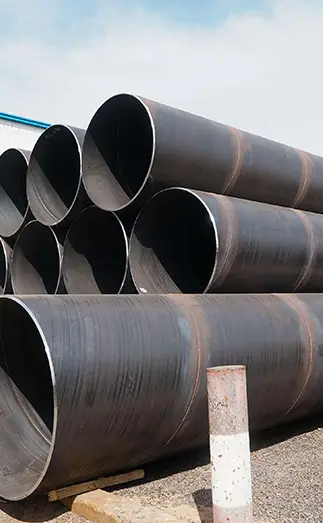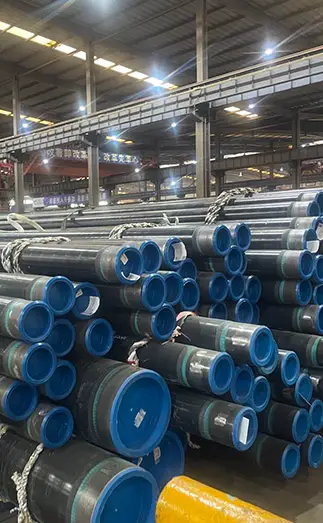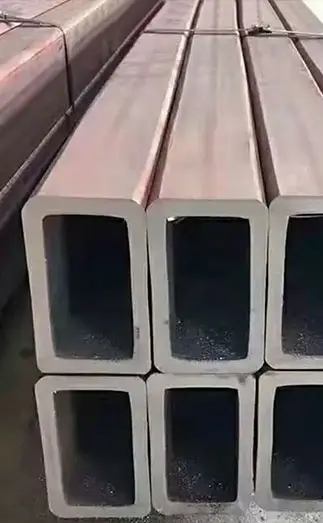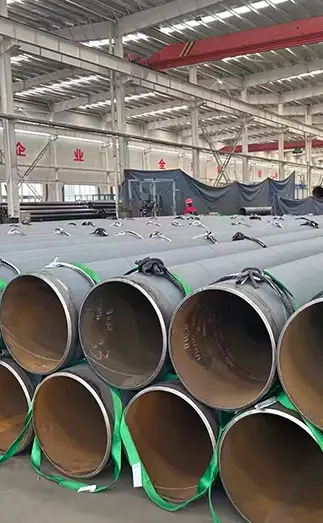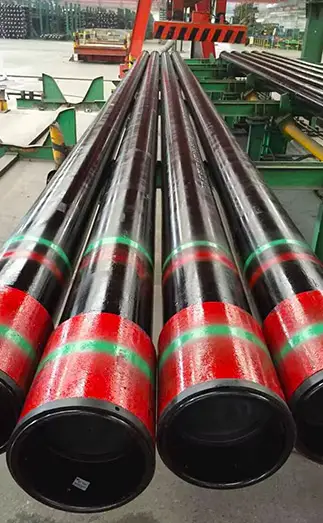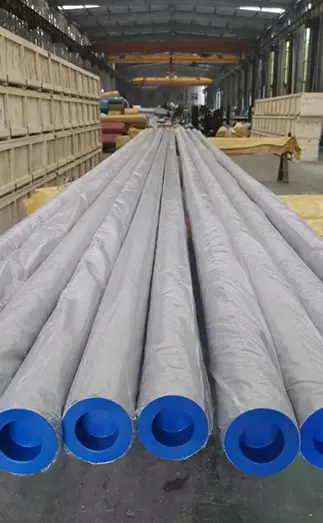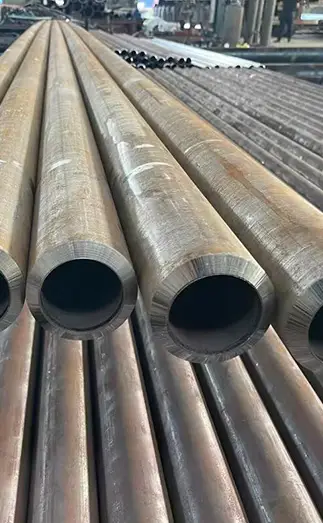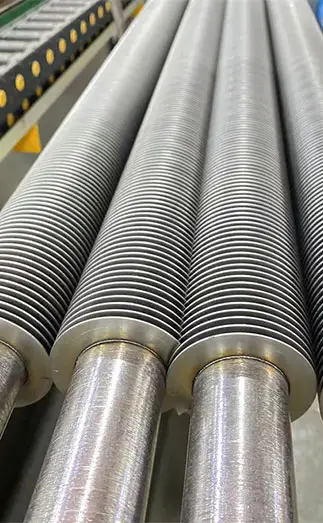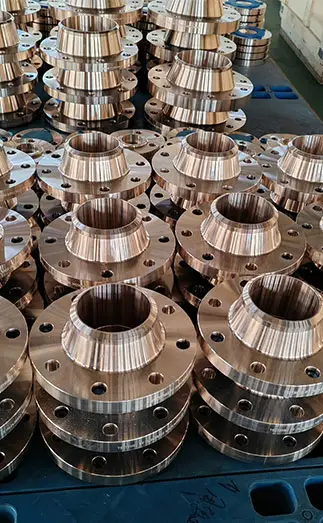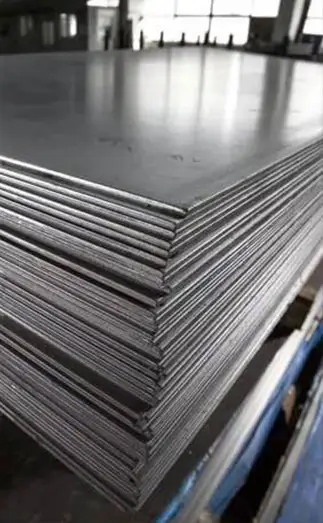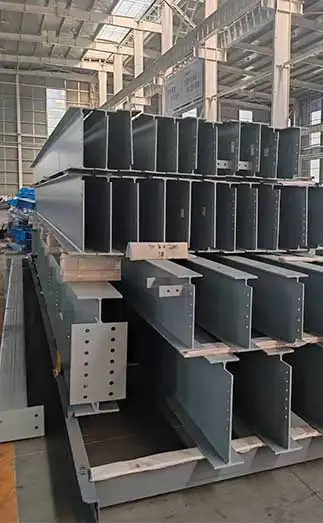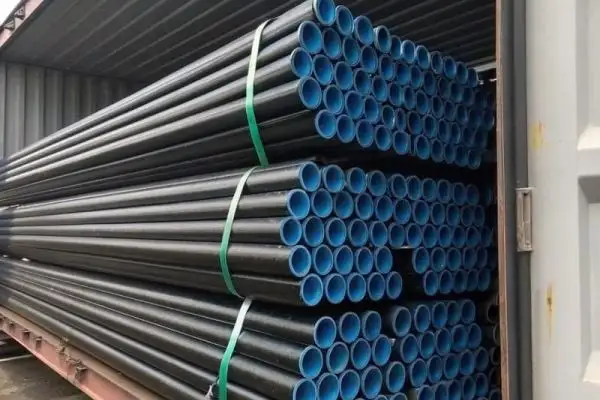A DN1000 large-diameter anti-corrosion spiral steel pipe is a type of spiral welded pipe with a nominal diameter of 1000 mm (1 meter) and a protective anti-corrosion coating to improve its lifespan and performance in harsh environments. These pipes are commonly used in applications where the transport of liquids and gases under high pressure is required, such as in oil and gas pipelines, water supply systems, and chemical transportation. The anti-corrosion treatment plays a critical role in protecting the steel from environmental damage, especially in underground or marine installations.
Here's a detailed breakdown of the DN1000 large-diameter anti-corrosion spiral steel pipe:
1. Construction and Features of the DN1000 Spiral Steel Pipe
Pipe Diameter: DN1000 (nominal diameter of 1000 mm or 1 meter) is classified as a large-diameter pipe. This size is suitable for transporting large volumes of fluids or gases.
Spiral Welded: These pipes are produced using a spiral welding method where the steel strip is formed into a helical shape and welded along the spiral seam. This method provides greater flexibility, strength, and cost-effectiveness for producing large pipes.
Wall Thickness: The wall thickness of DN1000 pipes typically ranges from 6 mm to 25 mm, depending on the design requirements and application. Thicker walls are generally used for high-pressure applications or to increase the durability of the pipe.
Material: Common materials for large-diameter spiral steel pipes include carbon steel (e.g., Q235, Q345), alloy steel, or stainless steel, depending on the specific needs of the project.
2. Anti-Corrosion Coating and Treatment
The anti-corrosion treatment applied to the surface of the spiral steel pipe is crucial for ensuring its longevity and resistance to environmental factors. Common types of anti-corrosion coatings for large-diameter spiral steel pipes include:
FBE (Fusion Bonded Epoxy): FBE coating is a popular anti-corrosion solution for large-diameter steel pipes. It provides a tough, durable layer that protects the steel pipe from water, chemicals, and other corrosive agents.
3LPE (Three-Layer Polyethylene): A multilayer coating system comprising a fusion-bonded epoxy base layer, a copolymer adhesive layer, and a polyethylene top layer. 3LPE coatings offer excellent resistance to mechanical damage and corrosion, making them ideal for underground and subsea installations.
3LPP (Three-Layer Polypropylene): Similar to 3LPE but uses polypropylene for the top layer, offering enhanced resistance to higher temperatures and external damage.
Galvanization: Some spiral steel pipes are galvanized with a layer of zinc to protect against corrosion. This is often used in environments where the corrosion is less aggressive or for pipes exposed to atmospheric conditions.
Polyurethane or Cement Lining: For certain applications, pipes are lined with materials like polyurethane or cement to improve corrosion resistance and internal flow properties.
3. Performance and Advantages of DN1000 Anti-Corrosion Spiral Steel Pipes
Corrosion Resistance: The primary benefit of the anti-corrosion coating is its ability to protect the steel from rust and degradation caused by moisture, soil, chemicals, or seawater. This is particularly crucial for pipelines buried underground, exposed to harsh weather, or submerged in water.
Longer Service Life: The coating significantly extends the lifespan of the pipeline by preventing corrosion, thus reducing the need for frequent maintenance or replacement. In many cases, these pipes can last for several decades if properly installed and maintained.
High Strength and Pressure Resistance: Spiral welded pipes are known for their excellent strength-to-weight ratio. The helical welds increase the pipe’s resistance to internal and external pressure, making them ideal for high-pressure applications such as gas transmission pipelines.
Flexibility in Installation: The spiral welding process allows for more flexible and cost-effective manufacturing, as well as easier transport and installation. These pipes can be manufactured in a wide range of sizes and lengths and are more adaptable to uneven ground compared to straight-seam welded pipes.
Flow Efficiency: The smooth interior of the pipe and the anti-corrosion coating helps to reduce friction loss, thus improving the flow efficiency of the transported material, whether it's water, gas, or crude oil.
4. Applications of DN1000 Anti-Corrosion Spiral Steel Pipes
Oil & Gas Pipelines: Large-diameter spiral steel pipes with anti-corrosion coatings are essential for transporting crude oil, natural gas, and refined petroleum products over long distances. Their high-pressure resistance and corrosion protection make them ideal for use in both onshore and offshore pipelines.
Water Supply Systems: DN1000 pipes are widely used in municipal water supply systems for large-scale water transportation. The anti-corrosion coating prevents rust and extends the pipe's service life, ensuring clean water delivery over time.
Wastewater and Drainage Systems: These pipes are also used for stormwater drainage and wastewater systems, where corrosion resistance is essential due to the presence of aggressive chemicals and moisture.
Chemical Industry: The chemical industry requires pipes that can withstand corrosive chemicals and substances. Anti-corrosion spiral steel pipes provide reliable performance in transporting a wide range of chemical fluids.
Marine and Offshore Installations: Given their excellent resistance to seawater corrosion, these pipes are often used for underwater and subsea applications, including offshore oil and gas platforms, as well as submarine pipelines.
5. Installation Considerations
Trenching and Burial: When installing DN1000 spiral steel pipes underground, proper trenching and protective measures are essential to avoid damage to the anti-corrosion coating. It is important to ensure that the pipes are laid on a stable foundation and are not exposed to mechanical impacts that could compromise the coating.
Welding and Jointing: Special care must be taken during the welding and jointing process to ensure that the anti-corrosion layer is not damaged. Techniques such as field joint coating (FJC) are used to ensure that weld areas are adequately coated after installation.
External Protection: In some cases, external protection such as concrete coating or additional wrapping may be applied to enhance the resistance of the pipe to external mechanical stress or to increase protection against corrosion in particularly aggressive environments (e.g., saltwater).
6. Maintenance and Inspection
Regular Inspections: While anti-corrosion coatings significantly reduce maintenance needs, periodic inspections using tools like ultrasonic testing, X-ray, or visual inspections can help detect any issues that may arise, such as coating degradation or external damage.
Re-coating: Over time, the anti-corrosion coating may degrade due to environmental exposure. Re-coating or repair may be necessary to ensure the continued protection of the pipeline.



 English
English Español
Español Français
Français بالعربية
بالعربية